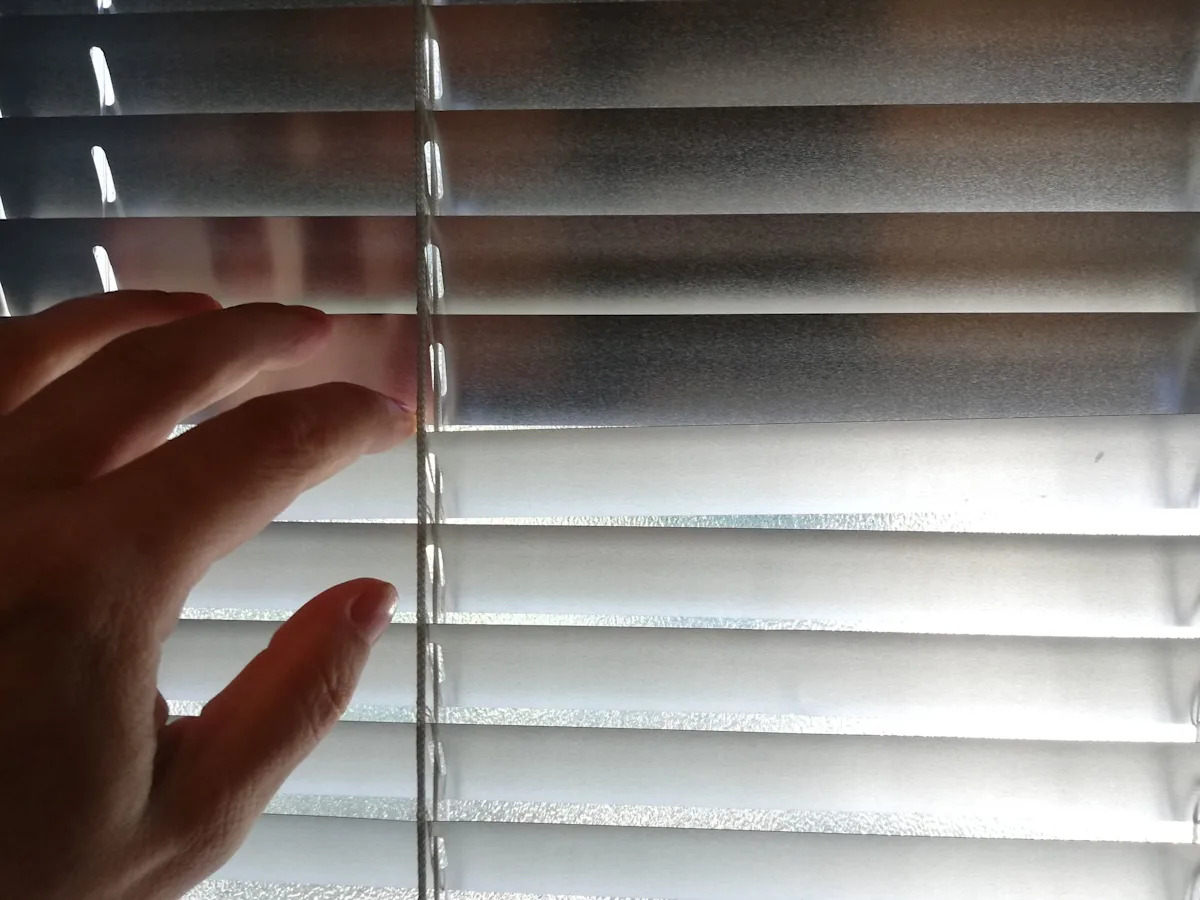Imagine an international student from India was caught spying on his female housemates while they used the washroom.
Would you give the first offender a sentence of house arrest, as both his lawyer and the prosecutor urged, so the poor 20-year-old Peeping Tom wouldn’t have to face any immigration consequences?
Or would you send the creep to jail?
In August 2024, Aswin Sajeevan moved into a Barrie house with 11 other tenants. Despite his student visa, he was working as a line cook after being suspended from his college computer programming course for low grades. He occupied the bedroom in the basement, next to a bathroom used by the women in the house.
‘PEEP HOLE’ IN WALL INTO BATHROOM
On March 11, 2025, one of the male tenants found Sajeevan crouched down in the basement laundry room, with the light off, peering through a “peep hole” in the wall into the bathroom. At that time, one of the females was naked and using the facilities.
Sajeevan initially tried to insist that he was just looking for his earbuds — which obviously made no sense since he was in complete darkness. The following day, when he was confronted by all his housemates, he confessed that he’d been spying on the female bathroom users for six months and had made recordings of them on his phone and laptop.
The group deleted the recordings and went to police.
On July 17, 2025, Sajeevan pleaded guilty to four counts of voyeurism. The Crown sought a conditional sentence of 12 months to be served in the community — a submission the defence eventually joined as well.
The prosecutor told Barrie judge Craig Brannagan that jail wasn’t necessary for the young, first-time offender who could face deportation if he were sent to jail.
Each of his four victims filed statements with the court: one said she’s lost trust in friends, had to take time off work and “felt like (she) was living in a nightmare, and it truly felt like hell.” They all expressed how they are fearful, anxious and feel like they’re being watched. None will use a public washroom anymore.
“The emotional and psychological harm caused is palpable,” wrote the judge in his recent judgment. “I find that Mr. Sajeevan’s offending has had a significant and enduring impact on his victims.”
Brannagan acknowledged that the Supreme Court of Canada has cautioned that a joint submission by the Crown and defence should not be rejected lightly by the sentencing judge.
But this was a case where it was necessary, he said.
VOYEURISM IS A ‘SINISTER’ CRIME
“The crime of voyeurism is a sinister one. It is a crime where the offender violates the personal integrity, safety, security, and privacy of their victim, without the victim knowing that they are being watched, in what are otherwise expected to be ‘safe places,’” Brannagan wrote.
“When the voyeuristic act is video recorded, as it was here, the offender may purpose and repurpose the spoils of their violative act, often without the victim’s knowledge, to whatever ends they choose.”
The judge rejected the Crown’s argument that house arrest would protect society since Sajeevan committed his crime while he was at home and still doesn’t seem to understand the seriousness of what he did.
“This was more than curiosity; it was sustained predation,” Brannagan concluded. “The now-joint position proposed, in my view, … is disproportionate to the gravity of these offences and the moral responsibility of this offender.”
Then the judge actually took into account how the rest of us would view it.
Sentencing him to a conditional term in the community on these facts, he said, “would cause an informed and reasonable member of the public to lose confidence in the institution of the courts.”
And so we would.
Instead, the judge sentenced Sajeevan to five and a half months in jail — and hopefully after that, he’ll soon be on his way back to India.
RECOMMENDED VIDEO
